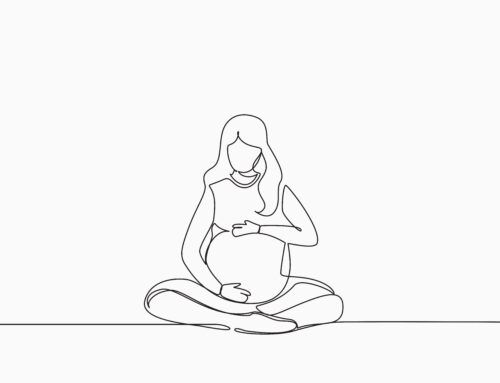Pregnancy is divided into three stages called trimesters. Typically, a full pregnancy lasts around 40 weeks. The first trimester is weeks 1-12, the second trimester is weeks 13-28, and the third trimester is weeks 29-40. When being pregnant for the first time, you probably have many questions and do not know much about what you are about to go through. It is essential to know what to expect during each trimester of your pregnancy.
First trimester (1-12 weeks)
Many women might not even realize they are pregnant well into their first trimester. Your body starts making minor changes to develop the baby that you may initially miss. The first trimester is the most crucial period for your unborn child’s growth. Your baby’s bodily structure and organ systems grow throughout this time. These changes typically bring on many symptoms. Symptoms can include:
- Missed menstrual period
- Nausea
- Exhaustion
- Breast discomfort
- Frequent urination
- Food cravings or aversions
You may experience all, none, or some of these symptoms; every woman is different. Your first doctor’s appointment should be around 6-8 weeks after your missed period. Then your pregnancy will be confirmed either by a urine or blood test. The first trimester is a great time to start planning what you should expect for the rest of your pregnancy.
Second trimester (13-28 weeks)
Going into the second trimester, most women find it easier and more comfortable than the first. You may feel a decrease in some symptoms from the first trimester. Feelings of nausea and fatigue will go down, and you may start having better sleep patterns and energy surges. The second trimester comes with a whole new set of symptoms that you want to look out for. These symptoms include:
- Constipation
- Heartburn
- Weight gain
- Leg cramps
- Growing appetite
During the second trimester, most women can feel their babies start to move. It usually happens around the 20th week. Also, around week 20, you can find out the gender of your baby!
Third trimester (29-40 weeks)
In the third trimester, you enter the final stretch of your pregnancy. By now, your baby is fully grown. Your baby is developing characteristics like eyelashes, fingernails, toenails, and hair. Some of the symptoms from the second trimester will continue into the third. Other symptoms that you can expect during your third trimester are:
- Braxton Hicks contractions
- Backaches
- Trouble sleeping
- Shortness of breath
- Constant urination
- Hemorrhoids
Many of these symptoms are caused by the size of your baby. At this stage, you should be ready for labor at any moment. Very few women give birth exactly on their due date. There can be a few restrictions during the third trimester, such as traveling, extensive physical activity, and no extended work hours. During the third trimester, you should be thinking about labor and delivery.
Every woman goes through their pregnancy differently. What you experience will be different than someone else’s, but it is helpful having a guide of milestones to ensure everything is going well. It also is a guide to see what you should prepare yourself for, whether it’s nausea, finding out the gender, or anything in between.



